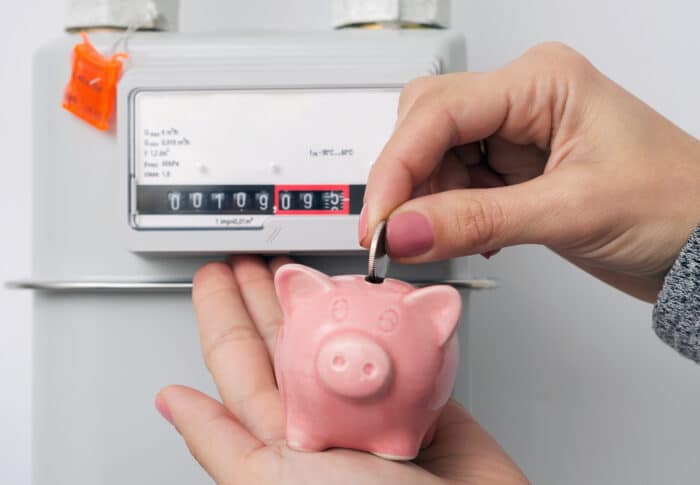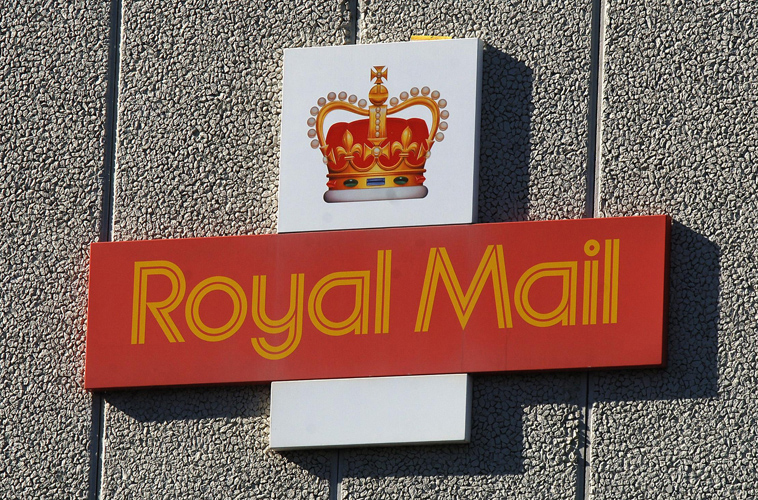The revised energy price cap for Q3 2024 will take typical annual bills to £1,568. This is £122 (7%) lower than the current £1,690 level, which has been in place since 1 April.
You are covered by the energy price cap if you pay for your electricity and gas by either:
- Standard credit (you pay when you get your bill)
- Direct debit
- Prepayment meter, or
- Economy 7 (E7) meter
Energy regulator Ofgem confirmed the average household paying by prepayment meter for dual fuel will pay £1,522 over the year.
Meanwhile, the average household paying for dual fuel by standard credit will pay £1,668 over the course of a year.

Why Life Insurance Still Matters – Even During a Cost-of-Living Crisis
Sponsored by Post Office
In total, there are 28 million customers on these standard variable tariffs (default tariffs) that come under the energy price cap. This includes 18 million direct debit customers, five million credit users and four million on prepayment meters.
As of April, there are approximately four million customers on fixed tariffs.
No change for standing charges
The energy price cap limits how much suppliers can charge per unit of energy and for standing charges. The annual figure is calculated on a household with typical use, so the actual amount you’ll pay depends on how much energy you consume, where you live and the type of meter you have.
From 1 July, if you are on a standard variable tariff (default tariff) and pay for your energy by direct debit, you will pay on average 22.36p per kilowatt hour (kWh) for electricity. The daily standing charge is 60.12p. For gas, you will pay an average of 5.48p per kWh, with a daily standard charge of 31.41p.
According to Ofgem, the standing charge of £334 for a dual fuel customer (£369 for those who pay by standard credit), is unchanged from the last quarter.
Laura Suter, director of personal finance at AJ Bell, said this is a “worrying factor”.
“Standing charges haven’t reduced, despite the fall in the price cap. That means that even before you’ve used a unit of electricity or gas, you’ll have to pay £6.42 a week just to be connected – or £334 a year,” she said.
Suter added that despite the lower price cap, energy bills are still around £400 more expensive compared to three years ago.
But with the general election set for 4 July this year, “energy bills will be a key battleground”.
Suter said: “The Tories claim that Labour’s net zero policies will pump up household energy bills, while Labour will claim they will help to protect the British public from future energy shocks like we’ve seen in the past few years after Russia’s invasion of Ukraine. Cutting costs for households coming out of a cost-of-living crisis is clearly a great campaign message – and one we’re likely to hear more on over the next six weeks from both parties.”
‘Good news for billpayers but winter storm ahead’
Will Owen, energy expert at Uswitch.com, said: “While this is the lowest price cap we’ve seen in over two years, storm clouds are on the horizon with the cap predicted to rise again in October. This would mean higher rates over the winter, when we use the most energy for heating our homes.
“If you’d prefer to avoid the uncertainty of rising costs in winter, now is a good time to think about taking a fixed energy deal, which would let you lock in rates while prices are cheaper.
“Fixed energy tariffs are the cheapest they’ve been since summer 2021, and there are some great value deals currently worth considering.”




